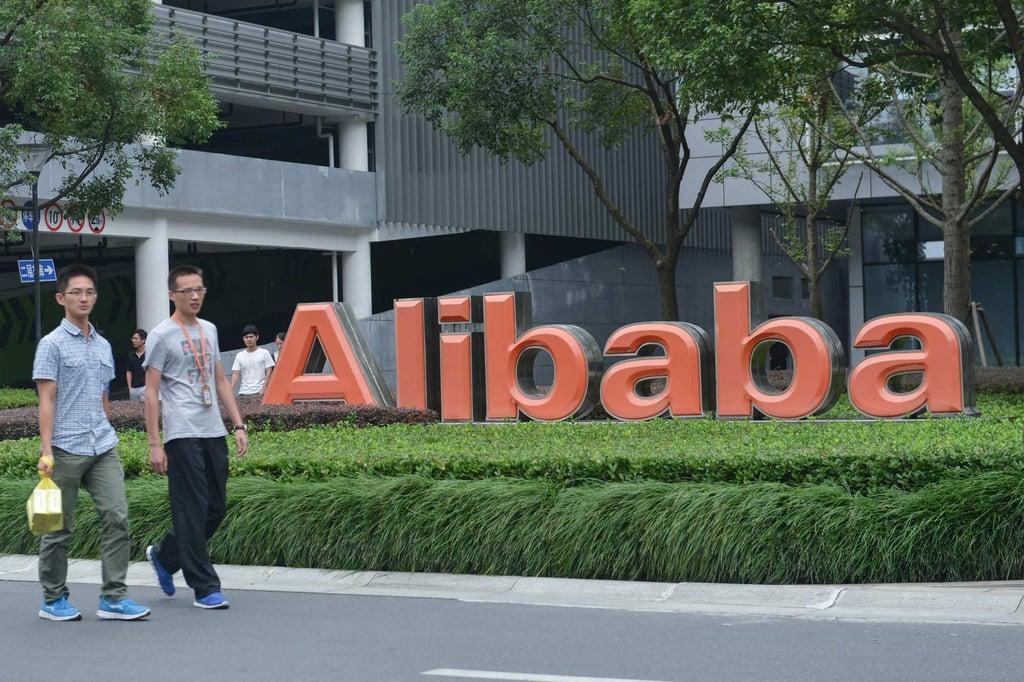Alibaba, Tencent lay-offs burst property bubbles in headquarters cities of Hangzhou, Shenzhen, sending prices plunging
- Transactions and prices are down while second-hand listings are up in formerly hot districts such as Hangzhou’s Yuhang and Shenzhen’s Nanshan
- Home prices in one prime neighbourhood close to Alibaba’s head office plunged nearly 28 per cent in 2022 after the company laid off thousands of workers

When Linda Wu, a product manager working at Alibaba, moved to Hangzhou several months ago, she was surprised to hear an agent press her to buy a house near her office at a “very low price”, rather than renting. The agent presented it as a “golden time” to buy, because many people who lost their jobs were unable to pay their mortgages and were putting their homes on sale at low prices.
A wave of job cuts among China’s giant technology companies has sent the home market reeling in neighbourhoods where waves of tech professionals – flush with high salaries and housing perks – drove prices upwards in recent years.
For example, proximity to Alibaba’s headquarters made Future Science Town in Hangzhou’s Yuhang district a property hotspot in the city in recent years, despite its location 45 minutes by subway from the city centre.

But home prices have plunged in the area since June, linked to massive lay-offs at Alibaba, which let about 10,000 employees go in the second quarter, according to financial reports.
